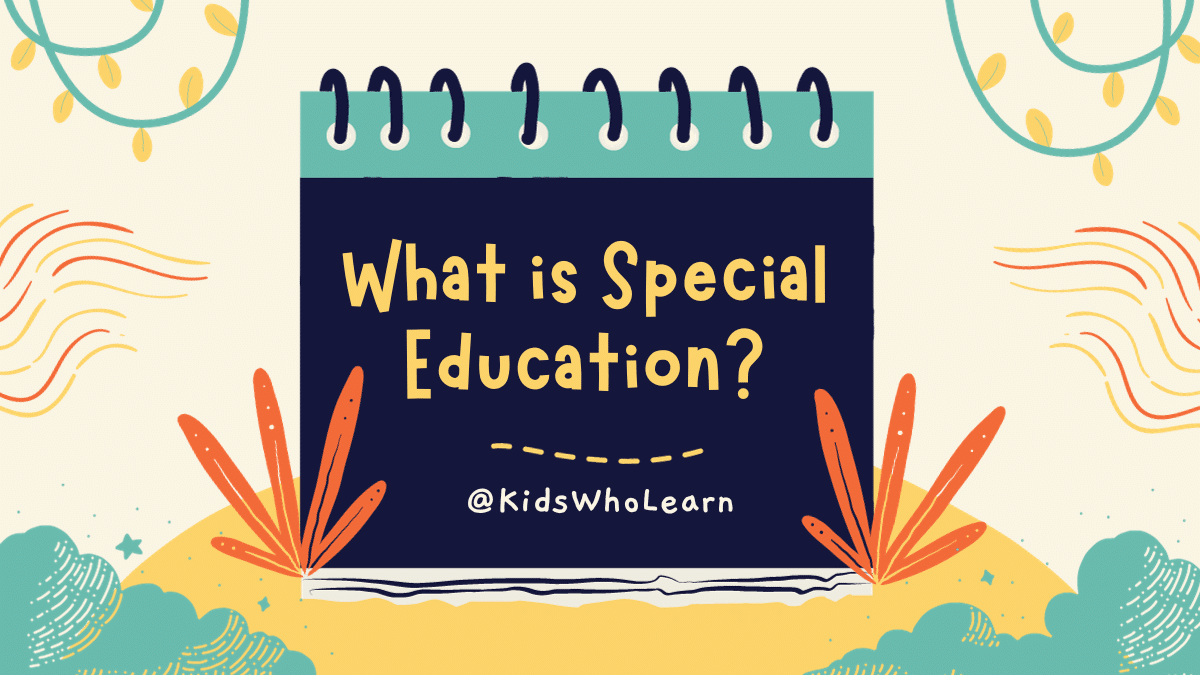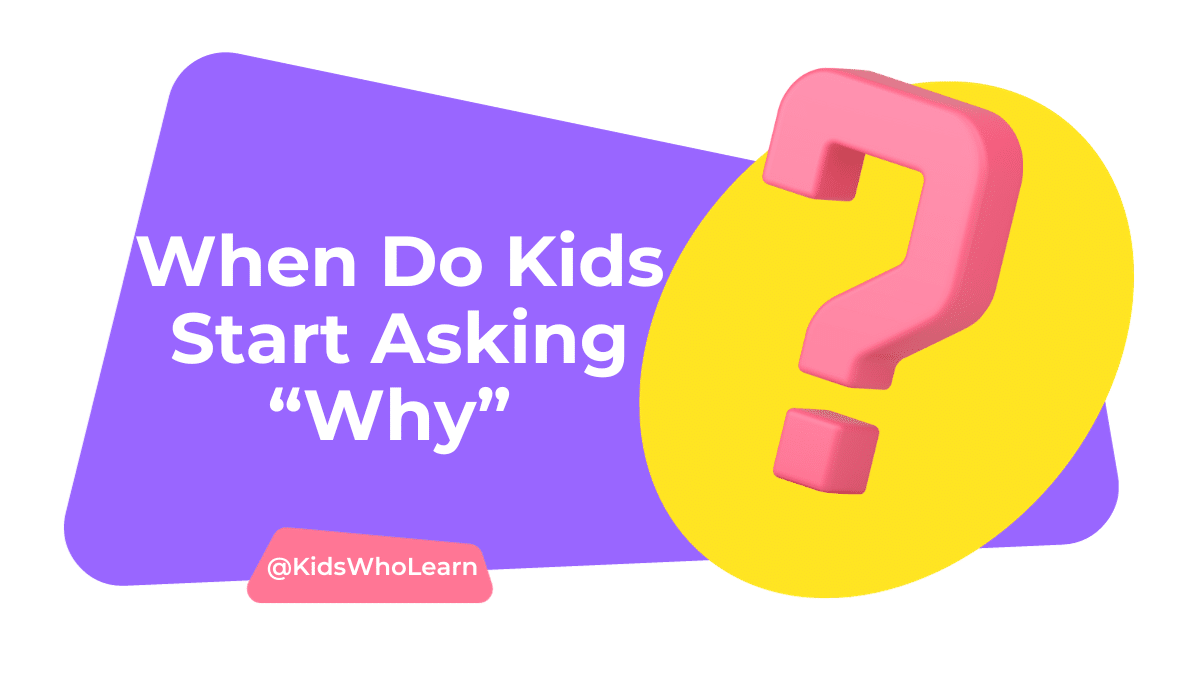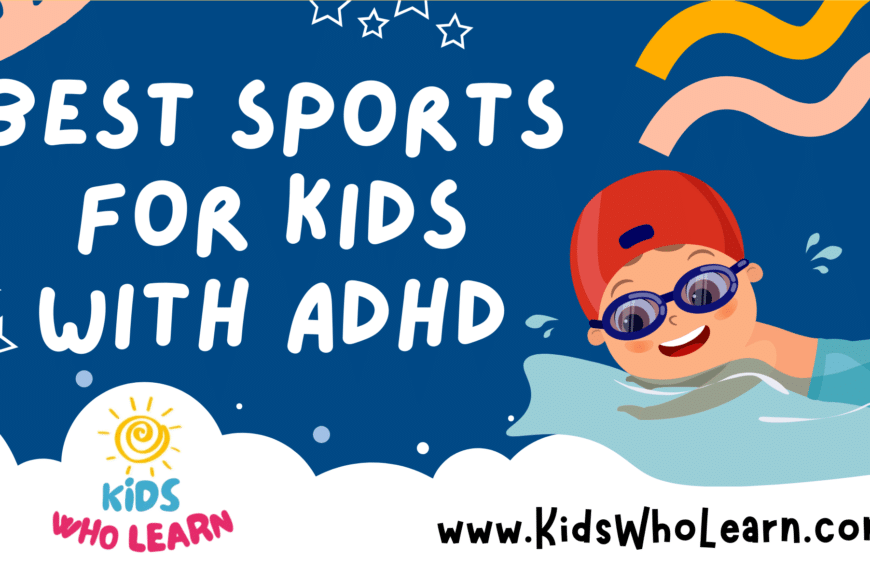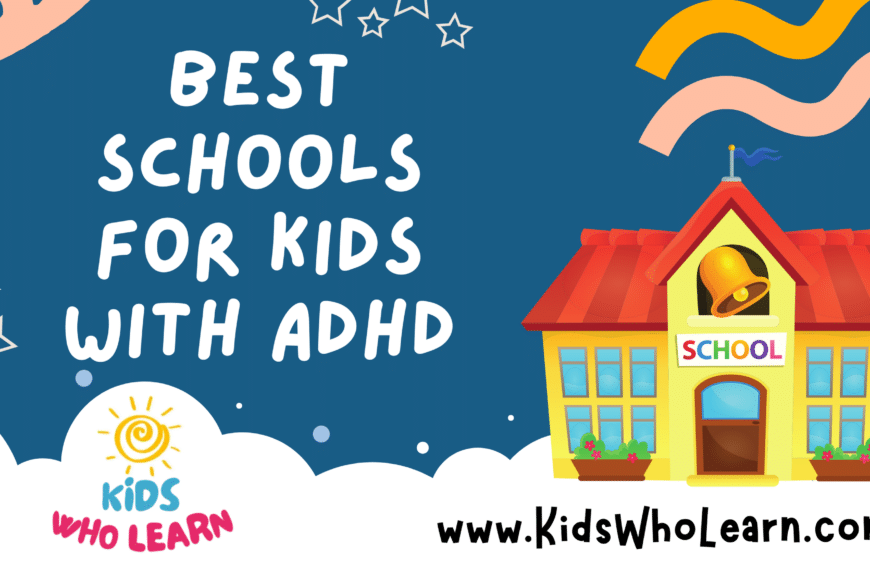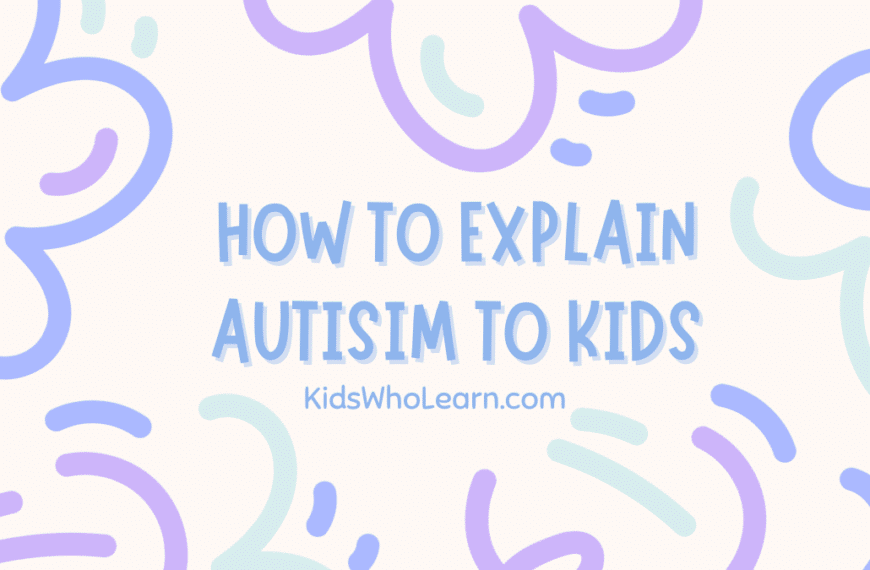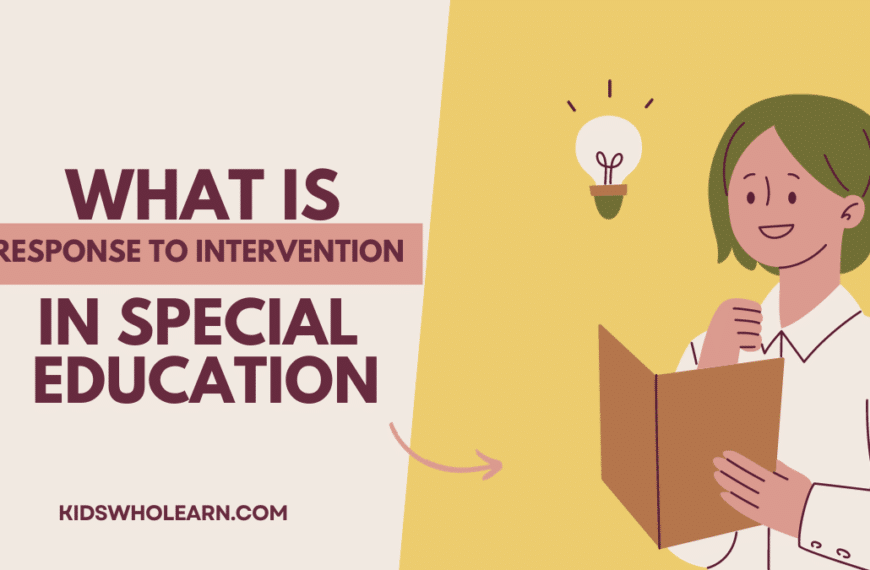Special education is a term that refers to a range of educational services designed to support students with disabilities. These services are tailored to meet the unique needs of each student, and they are provided in a variety of settings, including regular classrooms, resource rooms, and self-contained classrooms. The goal of special education is to help students with disabilities achieve their full potential and become independent, productive members of society.
Special education is important for many reasons. First and foremost, it provides students with disabilities with the support they need to succeed in school and in life. Without special education services, many of these students would struggle to learn and would be at risk of falling behind their peers. Special education also benefits general education students by promoting diversity and inclusion in the classroom. When students with disabilities are included in regular classrooms, all students have the opportunity to learn from each other and to develop a greater understanding and appreciation of differences.
Key Takeaways
- Special education provides individualized support to students with disabilities to help them achieve their full potential.
- Special education promotes diversity and inclusion in the classroom and benefits general education students as well as students with disabilities.
- Special education presents challenges, but there are solutions available to help ensure that all students receive the support they need.
The Essence of Special Education
Special education is a vital service that helps students with disabilities achieve their full potential. It is a tailored approach to education that is designed to meet the unique needs of each student. Special education programs are designed to ensure that all students, regardless of their abilities, have access to the education they need to succeed.
In special education, the focus is on the individual student. Teachers and support staff work closely with each student to identify their strengths and weaknesses, and to develop a plan that will help them achieve their goals. This personalized approach to education ensures that each student receives the support and resources they need to thrive.
Special education programs also provide students with a range of services and accommodations to help them succeed. These may include assistive technology, specialized instruction, and individualized learning plans. By providing these resources, special education programs help students with disabilities overcome obstacles and achieve success.
Overall, special education is a critical service that helps students with disabilities achieve their full potential. It is a personalized approach to education that provides students with the support and resources they need to succeed. If you or someone you know has a disability, special education may be the key to unlocking their full potential.
Benefits to Students with Disabilities
Individualized Learning Plans
For students with disabilities, individualized learning plans (ILPs) are an essential tool for success. These plans are tailored to meet the specific needs of each student, taking into account their unique learning style, strengths, and challenges. By creating an ILP, teachers and parents can work together to identify areas where a student needs extra support and to develop strategies to help them succeed.
An ILP may include accommodations such as extra time on tests, access to assistive technology, or modifications to the curriculum. By providing these accommodations, students with disabilities can participate fully in the classroom and have the opportunity to reach their full potential.
Improved Social Skills
For students with disabilities, social skills can be a particular challenge. However, special education programs provide opportunities for students to work on these skills in a supportive environment. By engaging in group activities and projects, students with disabilities can learn to communicate effectively, work collaboratively, and build positive relationships with their peers.
In addition, special education teachers can provide instruction on social skills, such as how to initiate and maintain conversations, how to read social cues, and how to manage emotions. By improving their social skills, students with disabilities can build confidence and self-esteem, which can lead to greater success in all areas of their lives.
Enhanced Self-Sufficiency
Special education programs also help students with disabilities develop the skills they need to become more self-sufficient. This includes skills such as self-advocacy, time management, and organization. By learning these skills, students can become more independent and better able to navigate the world around them.
In addition, special education programs can provide vocational training and work experience, which can help students with disabilities prepare for the workforce. By developing these skills, students can achieve greater financial independence and a higher quality of life.
Overall, special education provides a wide range of benefits to students with disabilities, including individualized learning plans, improved social skills, and enhanced self-sufficiency. By providing these supports, special education programs help students with disabilities reach their full potential and achieve success in all areas of their lives.
Advantages to General Education Students
Special education programs not only benefit students with disabilities, but they also have advantages for general education students. Here are two key advantages:
Promotion of Inclusivity
One of the main advantages of special education programs is that they promote inclusivity. When students with disabilities are integrated into general education classrooms, it creates a more diverse and accepting learning environment. General education students have the opportunity to interact with students who have different abilities, backgrounds, and perspectives. This can help them develop a greater understanding and appreciation for diversity, which is an important life skill.
In addition, when general education students see their peers with disabilities succeeding in the classroom, it can help break down stereotypes and stigmas associated with disabilities. This can lead to a more inclusive school culture where all students feel valued and supported.
Development of Empathy
Another advantage of special education programs is that they can help general education students develop empathy. When students with disabilities are integrated into general education classrooms, it provides opportunities for general education students to understand and appreciate the challenges that their peers with disabilities face. This can help them develop empathy and compassion for others, which is an important social skill.
In addition, when general education students are involved in activities and projects that require them to work with students with disabilities, it can help them develop teamwork and leadership skills. This can be beneficial for their personal growth and development.
Overall, special education programs have many advantages for general education students. They promote inclusivity and help develop empathy, which are important life skills that can benefit students both inside and outside of the classroom.
Impact on Teachers and Schools
Special education programs have a significant impact on both teachers and schools. Here are two ways in which they affect them:
Professional Development Opportunities
Special education programs offer teachers a chance to develop their skills and knowledge in working with students with disabilities. Teachers who work in special education are required to have additional training and certification, which provides them with the opportunity to learn new teaching strategies and techniques. This not only benefits the students with disabilities but also benefits all students in the classroom.
Moreover, special education programs offer professional development opportunities for all teachers in the school. Teachers can learn from each other and share best practices in creating inclusive learning environments. This helps to create a culture of collaboration and continuous learning in the school.
Creation of Diverse Learning Environments
Special education programs promote the creation of diverse learning environments. Students with disabilities have different needs and require different teaching strategies, which can benefit all students. Teachers who work in special education are trained to use a variety of teaching strategies and techniques to meet the needs of their students, which can be applied to all students in the classroom.
Furthermore, special education programs promote the inclusion of all students in the school community. This helps to create a positive school culture where diversity is celebrated and differences are embraced. It also helps to reduce bullying and discrimination in the school, which benefits all students.
In conclusion, special education programs have a positive impact on teachers and schools. They provide professional development opportunities for teachers and promote the creation of diverse learning environments.
Societal Implications
Promotion of Equality
Special education plays a crucial role in promoting equality in society. By providing children with disabilities access to education, it ensures that they are not excluded from society or left behind. This helps to break down barriers and create a more inclusive society where everyone has the opportunity to learn and succeed.
In addition, special education promotes diversity and encourages acceptance of differences. It helps to create a culture of understanding and respect for those with disabilities, which can lead to a more tolerant and compassionate society. By teaching children to value diversity, we can help to create a more harmonious and equitable world.
Economic Benefits
Special education also has economic benefits for society. By providing children with disabilities access to education, we are investing in their future and the future of our economy. Studies have shown that individuals with disabilities who receive a quality education are more likely to be employed and less likely to rely on government assistance.
Furthermore, special education can lead to the development of new technologies and innovations that benefit society as a whole. By supporting the education and development of children with disabilities, we are investing in the future of our society and our economy.
In conclusion, special education is important for promoting equality and creating a more inclusive society. It also has economic benefits that can help to strengthen our economy and promote innovation. By investing in special education, we are investing in the future of our society and our world.
Challenges and Solutions
Addressing Funding Issues
One of the biggest challenges facing special education is funding. Special education programs require additional resources and specialized instruction, which can be expensive. Unfortunately, many school districts struggle to provide adequate funding for these programs, which can lead to a lack of resources and support for students with disabilities.
To address this issue, it is important for school districts and policymakers to prioritize funding for special education programs. This may involve reallocating resources from other areas or seeking additional funding from state or federal sources. It may also involve developing partnerships with community organizations or businesses to provide additional resources and support.
Overcoming Staff Shortages
Another challenge facing special education is a shortage of qualified staff. Special education teachers and related service providers are in high demand, but there are not always enough professionals available to meet the needs of students with disabilities.
To overcome this challenge, school districts can take several steps. One solution is to offer incentives for teachers and related service providers to work in special education. This may include higher salaries, additional training opportunities, or other benefits. Another solution is to provide additional support and resources for special education teachers, such as access to mentorship programs or professional development opportunities.
Overall, addressing funding issues and staff shortages is critical to ensuring that students with disabilities receive the support and resources they need to succeed in school and beyond. By prioritizing funding and providing additional support for special education programs, we can help to ensure that all students have the opportunity to reach their full potential.
Frequently Asked Questions
What are the benefits of special education for students with disabilities?
Special education provides students with disabilities access to specialized instruction and support that is tailored to their individual needs. This can help them to develop the skills and knowledge necessary to succeed academically, socially, and emotionally. Additionally, special education can help to build self-confidence, improve communication skills, and increase independence.
What role does special education play in inclusive classrooms?
Special education plays a crucial role in creating inclusive classrooms by providing students with disabilities the support they need to participate fully in the classroom. This may include accommodations such as assistive technology, modified assignments, or additional support from a paraprofessional or special education teacher. By providing these supports, special education helps to ensure that all students have an equal opportunity to learn and succeed.
How does special education benefit teachers and other educators?
Special education can benefit teachers and other educators by providing them with the knowledge, skills, and resources necessary to effectively support students with disabilities. This can include training in specialized instructional techniques, strategies for behavior management, and access to assistive technology and other resources. By improving the skills and knowledge of teachers and other educators, special education can help to improve the overall quality of education for all students.
What are some of the challenges that special education teachers face?
Special education teachers may face a range of challenges, including a high workload, limited resources, and the need to balance the needs of multiple students with different disabilities and learning needs. Additionally, special education teachers may face challenges related to working with parents and other stakeholders, navigating complex legal and regulatory requirements, and managing the emotional and behavioral needs of students with disabilities.
What are the long-term outcomes for students who receive special education services?
Research has shown that students who receive special education services can experience a range of positive outcomes, including improved academic achievement, increased social and emotional development, and increased independence and self-advocacy skills. Additionally, students who receive special education services are more likely to graduate from high school and pursue post-secondary education or employment.
How can special education improve the overall quality of education for all students?
Special education can improve the overall quality of education for all students by promoting a more inclusive and equitable learning environment. By providing specialized instruction and support to students with disabilities, special education helps to ensure that all students have an equal opportunity to learn and succeed. Additionally, special education can help to promote a more diverse and inclusive school community, which can benefit all students by promoting empathy, understanding, and respect for differences.

